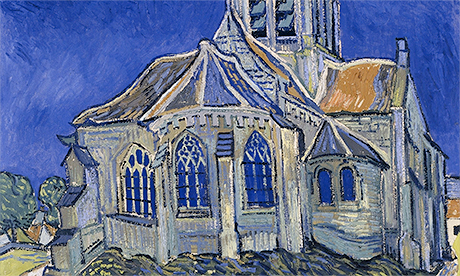Western Europe, cradle of Protestantism and historical seat of Catholicism, has become one of the most secular regions in the world.
This was confirmed by a survey study promoted by the US Pew Research Center on religious faith and practice in Western European countries.
The percentage of lapsed Christians is increasing and a look at the answers of the sample interviewed on abortion and same-sex marriage shows how much the culture in Europe has changed — and how unsurprising is the result of the recent Irish referendum on abortion.
The survey, conducted between April and August 2017 in 15 Western European countries, shows that 91% of the population is composed of baptized people, 81% of people who grew up as Christians, 71% of people who say they are currently Christians, with a 22% who attend religious services at least once a month.
In most cases, the adults interviewed consider themselves Christians, even if they rarely attend church.
The survey shows that non-practicing Christians (people who identify themselves as Christians, but participate in religious services only a few times a year) represent the largest share of the population in the region concerned.
In all countries except Italy, non-practicing Christians are more numerous than practicing Christians (i.e. those who participate in religious services at least once a month).
In the UK, for example, there are about three times as many lapsed, or non-practicing Christians (55%) as practicing Christians (18%), according to the definitions used in the survey.
Italy
40% of the population declares themselves to be practicing, another 40% declares themselves to be non-practicing Christians, 15% have no creed, while 5% follow other religions.
France
18% are practicing Christians, 46% are non-practicing, 28% have no creed, and 8% are of other religions.
Spain
21% are practicing Christians, 44% are non-practicing, 30% have no creed, 4% are of other religions.
While claiming not to believe in God “as described in the Bible,” many non-practicing Christians tend to believe in some other higher power or spiritual strength.
In contrast, most practicing Christians claim to believe in the Biblical description of God.
And a clear majority of adults who do not recognize themselves in any religion do not believe in any kind of higher power or spiritual strength in the universe.
According to the study, Christian identity in Western Europe is associated with more negative opinions towards immigrants and religious minorities.
Overall, those who profess to be Christians, whether they attend the Church or not, are more likely than those who do not recognize themselves in any religion to express negative opinions towards immigrants, as well as towards Muslims and Jews.
The clear majority of non-practicing Christians, such as those who do not recognize themselves in any religion in Western Europe, are in favor of legal abortion and same-sex marriage.
Practicing Christians are more conservative on these issues, although within this segment there is substantial support (majoritarian in some countries) for legal abortion and same-sex marriage. Continue reading
- Image: The Art Story
